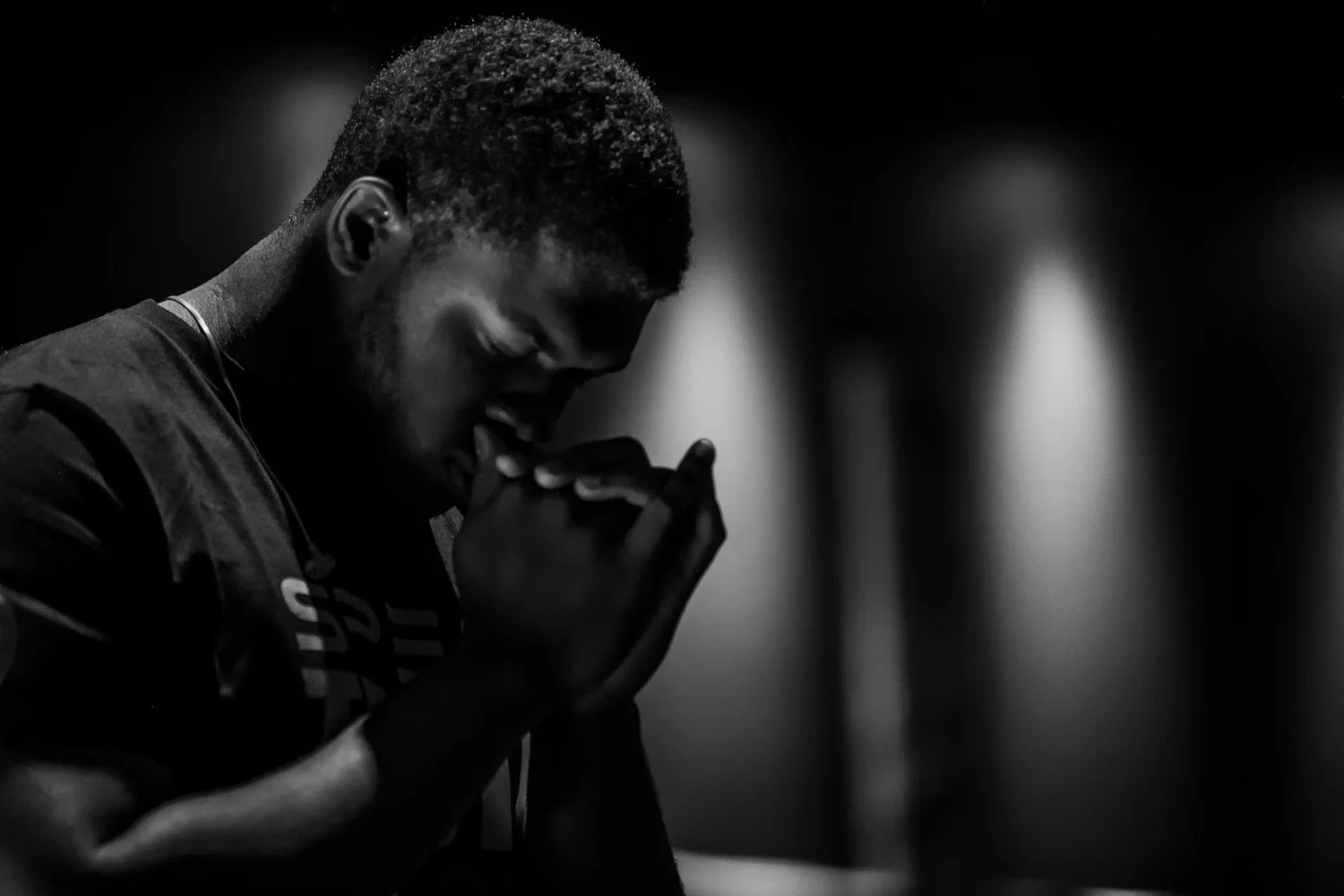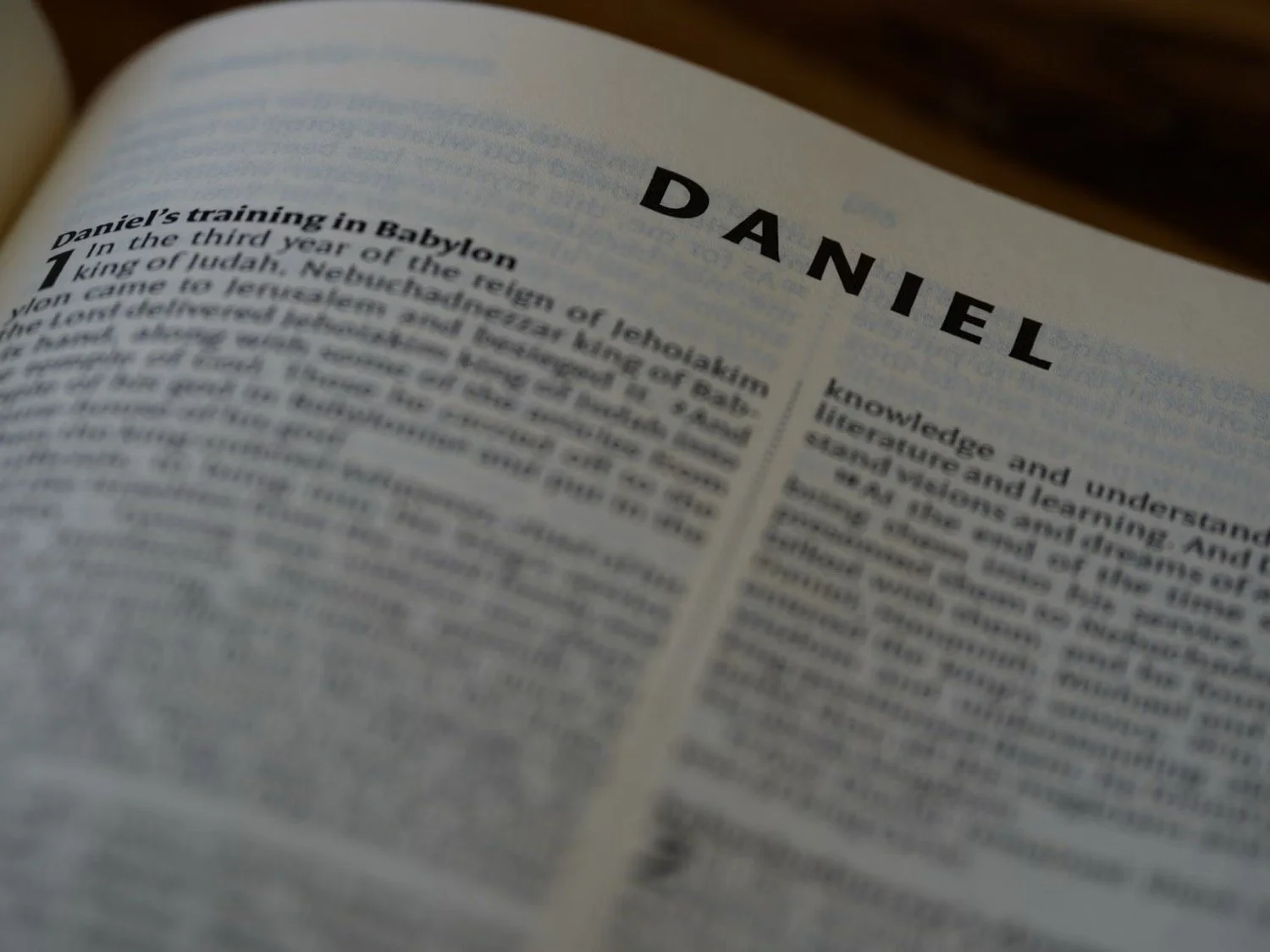Readings for today: Genesis 44-46
Perspective. The right perspective. God’s perspective. A young man is notified he is being fired from a job he doesn’t really like. He is anxious. He’s afraid. His pride is hurt. But two months later, he lands a great job. One he loves far more than the one he lost. A young woman just misses the cut at her dream school. She applies over and over again to no avail. She switches gears. Finds a new speciality. Ends up loving what she does. A husband and wife struggle with infertility. For years they try to get pregnant. They go through all the treatments. Nothing seems to work. They adopt. Four beautiful children later, they cannot imagine their family any other way. A single guy longs to be married. He goes on a lot of dates but never seems to find the right woman. Meanwhile, he travels the world preaching the gospel and bringing hope to thousands in the name of Christ. He realizes singleness is a blessing. All these stories are real. All of them involve pain and heartbreak as well as joy and celebration. For some reason, these folks have a resilience about them that allows them to not only survive but thrive. The key is perspective.
For as many people as I’ve met who seemingly have been able to take lemons and make lemonade, I’ve met just as many if not more who tend to squeeze the lemon juice into their eyes. They struggle. They battle. They wrestle. Their lives are filled with heartache and suffering and pain. Their decisions end up backfiring. Their choices lead them down the wrong path. Their plans go awry. For every step forward, they take two steps back. And when they come into my counseling office and tell me their stories, I almost never hear God’s perspective. That’s usually when I tell them the story of Joseph.
Joseph had literally been through hell. Sold by his brothers. Falsely accused and imprisoned. Forgotten and left for dead. He could have played the victim. He could have given up. He could have lost hope. Chucked his faith in God. I am sure Joseph suffered. Struggled. Doubted. Grew anxious and afraid as the days passed in prison. (Ancient near east prisons were no joke!) But Joseph persevered. He trusted God. And when he was finally rescued and raised to a powerful position in Egypt and given the perfect chance at revenge…he forgives. He relinquishes his bitterness and anger. He lets go of any need for “eye for an eye” justice. How? He looks at life with God’s perspective. “And now do not be distressed or angry with yourselves because you sold me here, for God sent me before you to preserve life. For the famine has been in the land these two years, and there are yet five years in which there will be neither plowing nor harvest. And God sent me before you to preserve for you a remnant on earth, and to keep alive for you many survivors. So it was not you who sent me here, but God. He has made me a father to Pharaoh, and lord of all his house and ruler over all the land of Egypt.” (Genesis 45:5-8)
Jesus is clear. In this life we will face trials. In this life we will face hardship. In this life we will suffer and struggle and go through pain. We are fools if we think otherwise. The only way to maintain hope is to keep our eyes fixed on God. To see the world as He sees it. To see life as He sees it. To love as He loves. To serve as He serves. To give our lives as a ransom for many. Just like Jesus. After all, this world is not our home. We are strangers and aliens in this dimension of life, destined for a greater world we can’t begin to fathom. When we understand life from God’s perspective, everything - including the most difficult experiences of our lives - seems to fall into place. And as much as it hurts, it doesn’t have to consume. As much as it confuses, it doesn’t have to confound. No matter what you may be going through, let me encourage you to follow Joseph’s example. Believe in God. Trust in Christ. Know that God is at work and He will bring to completion what He is doing in your life for your ultimate good and His ultimate glory.
Readings for tomorrow: Genesis 47-50




